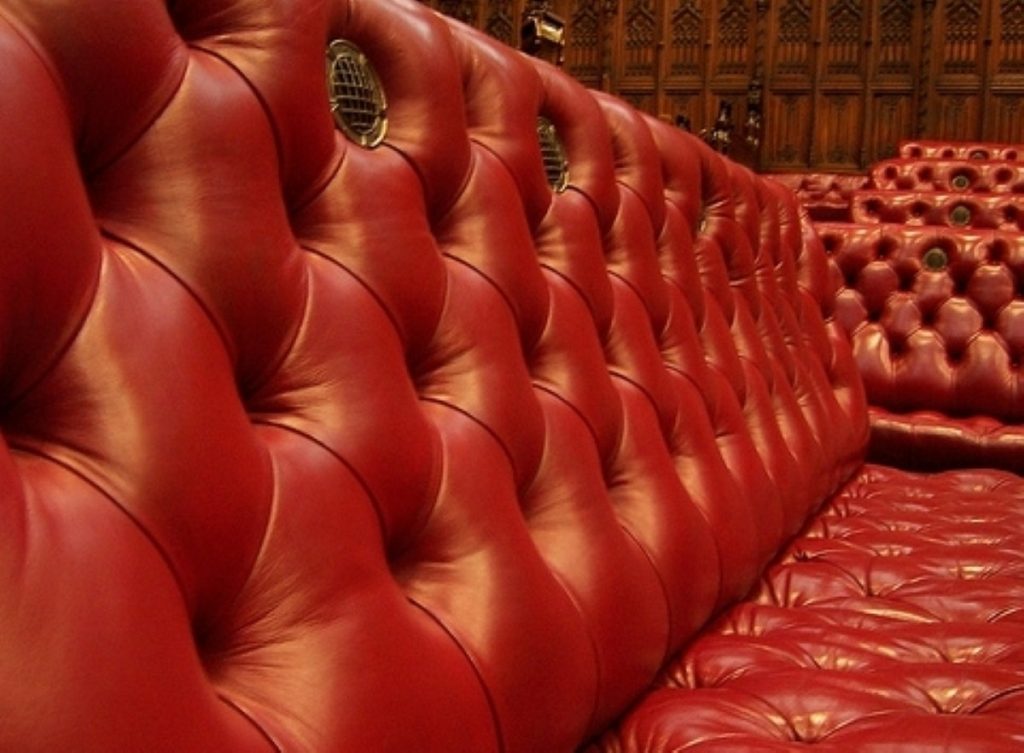AV referendum at risk, government peers admit
Government peers in the House of Lords are beginning to contemplate the prospect of failure as Labour’s bid to scupper the electoral reform referendum continued.
The bill which will implement the referendum planned for May 5th is currently stuck in the upper chamber as Labour peers seek to delay its progress.
Today sees the 13th day of scrutiny in the Lords for the parliamentary voting system and constituencies bill, which must become law by February 26th if the alternative vote referendum is to take place.


“We are at an impasse,” the leader of the Lords, Thomas Strathclyde, told peers yesterday.
“The right of the government to get its bills passed in reasonable time has to be balanced with the right, and indeed responsibility, of the opposition to give reasonable scrutiny to any bill but particularly to an important bill and a bill of considerable parliamentary and constitutional significance.”
Labour peers oppose the inclusion of measures reducing the size of the Commons from 650 to 600 in the bill. They say the legislation should be split in two.
“We are open to changes to this bill, but not the fundamental thrust of this bill,” Lord Strathclyde added.
“We must together find a way for the House to consider this bill in a timely manner.”
Some commentators are beginning to suggest that the Lords’ opposition could work against the chamber’s favour when it comes to reforming the upper House.
Cross-bench convenor Baroness D’Souza was quoted by the Guardian newspaper as saying: “The tactics that the opposition are using to delay this bill fly in the face of the conventions that have governed this House for perhaps the last six decades.”
Behind-the-scenes talks over potential compromises are continuing.
“At some point we may need to review how well our conventions work, rooted as they are in the principle of self-regulation… I’m sure we can find a sensible and constructive way forward,” Lord Strathclyde said.












